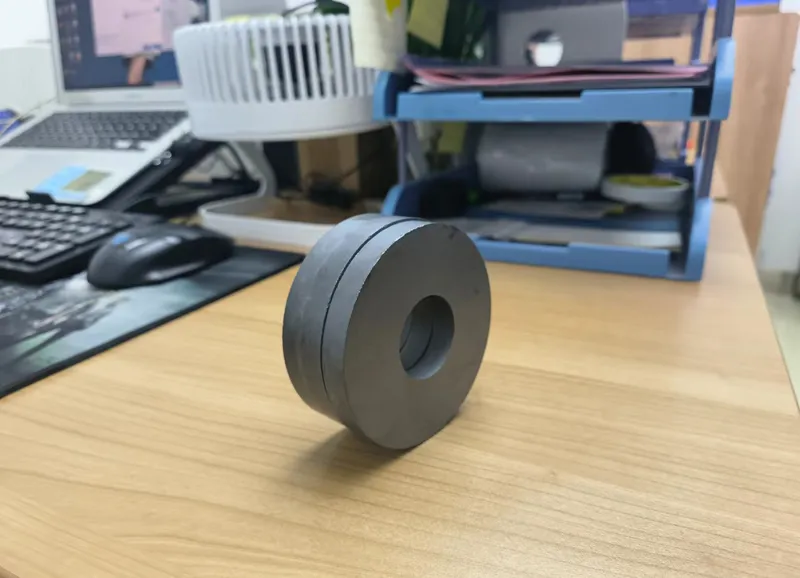Speakers are common sound devices in our daily lives, everywhere from cell phones to home audio systems. But do all speakers have magnets? The answer to this question may surprise you.
The vast majority of conventional loudspeakers use magnets as their core component. These speakers are usually of the moving coil design, which contains a fixed permanent magnet and a moveable voice coil. When an electric current is passed through the voice coil, the interaction of magnetic fields causes the voice coil to vibrate, which in turn drives the speaker diaphragm to produce sound. This design is simple, reliable and cost-effective, and is therefore widely used in consumer electronics.
There are various types of magnets used in speakers, the common ones being ferrite magnets and rare earth magnets (such as neodymium magnets). Ferrite magnets are lower in cost and are usually used in low-end speakers. Neodymium magnets, on the other hand, have a stronger magnetic force and are smaller in size, and are commonly used in high-end and professional-grade speakers.
Ceramic Ferrite Ring Magnets for Speakers

The quality and characteristics of the magnet directly affect the performance of the speaker. For example, the stronger the magnet, the more precise the movement of the voice coil and the better the sensitivity and sound quality of the speaker. In addition, the stability and durability of the magnet will also affect the life and reliability of the speaker.
While magnets are integral to traditional speakers, as technology advances, some new speaker technologies are exploring ways to do without them. For example, electrostatic speakers and plasma speakers use completely different operating principles that do not rely on magnets. However, these technologies are still in development and are not yet widely used.
When designing a loudspeaker, the choice and configuration of the magnet directly affects the efficiency, frequency response, distortion, and overall sound quality of the loudspeaker. The magnet's size, shape, magnetic strength, and relative position to the voice coil all need to be carefully calculated and adjusted to ensure that the voice coil can move in the optimal magnetic gap, reducing energy loss and non-linear distortion.
Overall, the role of magnets in loudspeakers is crucial, and almost all speakers rely on magnets for the conversion of electrical signals to sound waves.
Highly relevant article;
 China Neodymium And Ferrite Magnets Manufacturer & Supplier
China Neodymium And Ferrite Magnets Manufacturer & Supplier 


